Researchers have developed a smartphone test for coronavirus
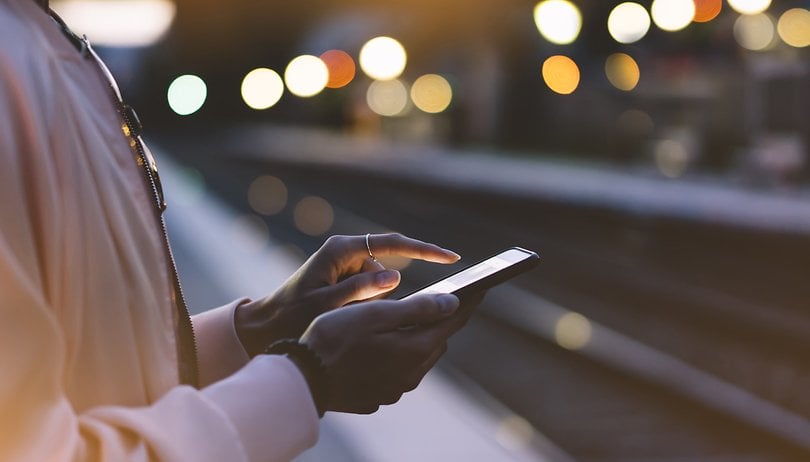

Read in other languages:
Many people today use their smartphone as a substitute for a real doctor. Symptoms are Googled, field reports are read, and so on. The crux of the matter is that most search results imply that the searcher should actually have been underground long ago. The Internet, a mobile phone, or a smartwatch are no substitute for a visit to the doctor, but researchers at the University of Cincinnati in the US state of Ohio have taken us a step closer. They have developed a rapid test for smartphones that can be used to analyze saliva or blood samples on the move. This requires a separate attachment that is connected to the smartphone.
It should be possible to detect pathogens such as coronavirus, HIV, or malaria. All patients have to do is apply saliva or a drop of blood to a test strip, which is inserted into the smartphone attachment and analyzed fully automatically. The test result can then be shared with a physician. The mobile rapid test could bring advantages, particularly in developing countries without modern medical care and trained personnel, in detecting diseases more quickly and containing their possible spread more quickly.
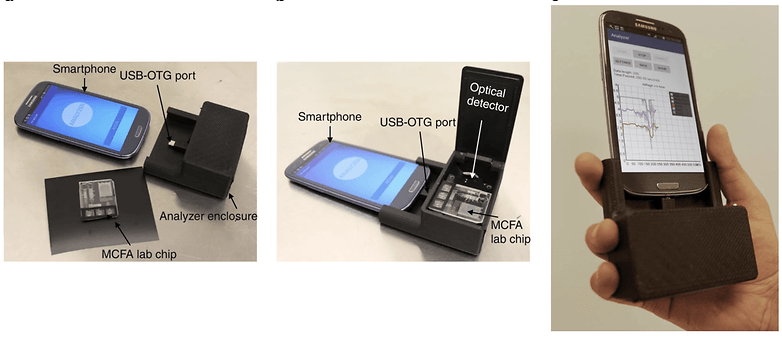
"The MCFA platform developed with the smartphone analyzer can be easily customized for different biomarkers, so a hand-held POCT for various infectious diseases can be envisaged with full networking capability at low cost," writes researcher Chong Ahn in the research article on nature.com.
Smartphone laboratory could also be used at airports
The mobile laboratory was developed for an Android smartphone (Galaxy S3 running Android 4.2.2), which enables the operation of the analysis adapter via an XML interface. A small tutorial was also developed within the app to familiarize the user with the system. After the test strip has been analyzed by the adapter, the test result can be stored locally on the smartphone and presented to doctors, for example.
Unlike the ECG in the Apple Watch, for example, the mini-laboratory for smartphones is not intended for the average consumer. Instead, the use of an Android smartphone with a mobile analysis adapter opens up comparatively inexpensive diagnostic possibilities in countries that do not have a modern health care system. It would also be conceivable to use such mobile test laboratories at airports in order to quickly test suspected infected persons for pathogens in the case of rampant diseases such as the coronavirus.
In the future, researchers want to be able to diagnose other diseases via a smartphone app. For example, it is conceivable that hormones in the blood could also be analyzed and thyroid diseases or hormone-induced depressions could be detected in the future using Android smartphones.
What do you think of the development? Share your thoughts below the line.
Source: nature.com
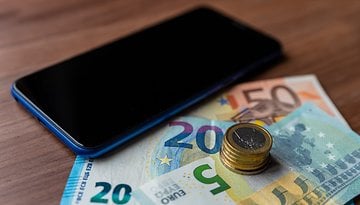
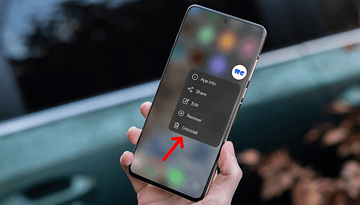


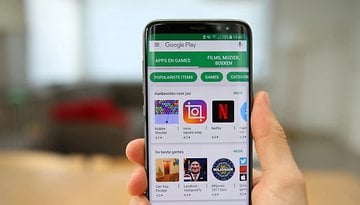


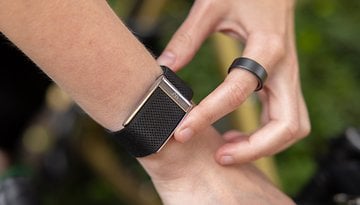
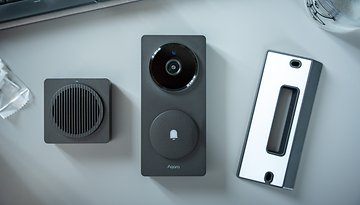
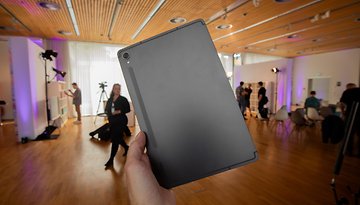




Thanks for sharing! https://www.nextpit.com/